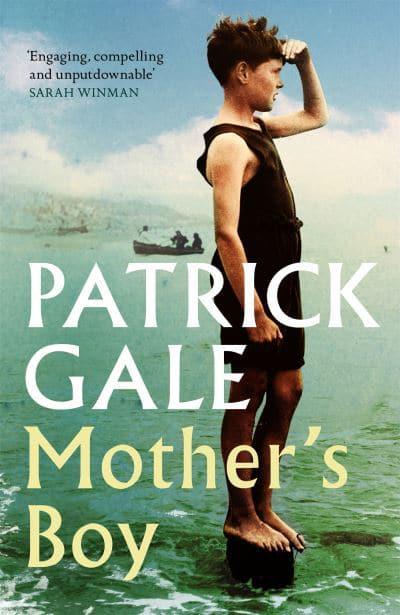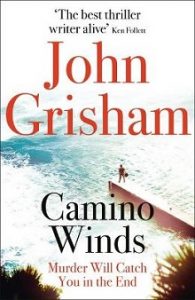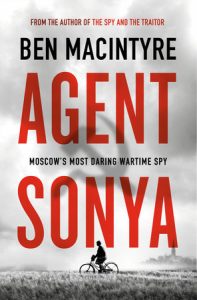
I always begin a Patrick Gale novel with a sense of anticipatory pleasure. I love his compassionate look at life, his sensitivity towards outsiders, his ability to observe the ordinary and draw the reader into the story. Gale’s characters are invariably engaging and in this, his latest novel, his clear depiction of Laura and Charles and his exploration of their intense mother–son relationship I found very moving. I finished the book reluctantly.
What made this novel particularly interesting for me was that Charles is based on the poet Charles Causley CBE, the well-loved and highly regarded Cornish poet, who was a close friend of Ted Hughes and, in the latter’s opinion, should have followed Betjeman as Poet Laureate. Patrick Gale, himself an adopted Cornishman and associated with the Charles Causley Trust, studied his diaries and papers and closely examined the poems, which Causley said contained everything about his life, and he has woven a fascinating fictionalised account of the man. Brought up in the inward-looking community of Launceston, by a fiercely proud mother who worked hard as a washerwoman to provide for her studious and intelligent son, Causley makes his mark at school, is employed as a clerk in a respectable job and breaks away by joining the Royal Navy in 1940. There he is able to be himself, to discover his poetic voice and to form strong emotional and physical bonds with men. Aspects of these relationships were of course viewed as illicit at the time and the author handles them with skill and sensitivity. The novel ends with Causley’s moving poem ‘Angel Hill’, a piece he withheld from publication, the sentiment being too apparent. Perhaps coming across this poem provided Gale with the certainty he needed to unpick Causley’s hidden life. The poet died in 2003.
The reader is taken in considerable detail through the training process of becoming a coder – a new rank within the Navy in the 40s. I greatly enjoyed expanding my knowledge in this section of the book, and also learning more about the tough life on board ship during the war years and the position of America’s racially segregated GIs when they found themselves in the West Country. The narrative shifts periodically from Laura’s to Charles’ perspectives and Gale handles these switches with assurance, really getting under the skin of both characters. Charles Causley himself became a teacher at his local primary school and lived with his mother all his life. While the term ‘mother’s boy’ can sometimes be viewed as pejorative, one holds equal respect for both characters in this novel. Meanwhile, both an International Poetry Competition and a Festival held in Launceston each July in his name ensure Causley’s legacy remains strong.
[We have a copy of Mother’s Boy in the library.]
Reviewed by a library member


